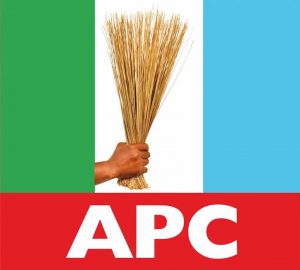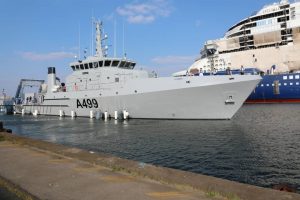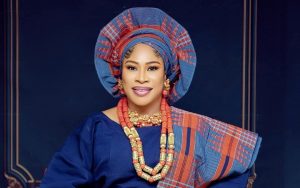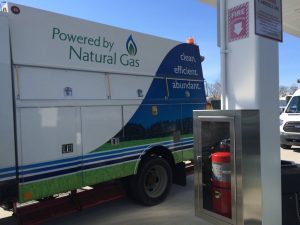Colombia struck a peace deal with guerrilla groups years ago. So why is violence surging?
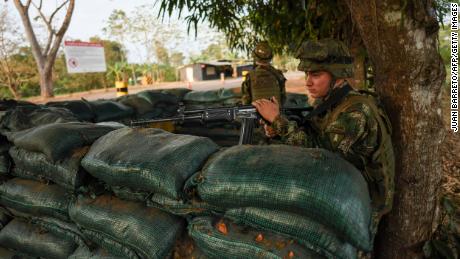
The renewed violence comes more than five years after the Colombian government signed a peace agreement with the Revolutionary Armed Forces of Colombia (FARC), ending a 52-year armed conflict that killed up to 220,000 people and displaced as many as 5 million people. Colombian President Ivan Duque vowed to stamp out the violence during his presidency. But it continues to plague rural areas, where peace was supposed to bring development and new opportunities — mounting concerns that the country’s most violent days might not be over.Here’s what you need to know about the simmering conflict on Colombia’s border with Venezuela.Who is fighting?Colombian authorities have accused a few groups of triggering the recent clashes in the northeastern state of Arauca: The National Liberation Army — the largest leftist guerrilla group left in the country, known by its Spanish acronym ELN — and dissident factions of the FARC.The FARC disarmed and disbanded after the November 2016 peace accord. A political party formed using the same acronym, but rebranded to the name “Comunes” last year.The FARC dissident groups consist of rebel fighters who refused to enter the peace process. Among them are splinter groups, who are also at odds with one another.According to a recent Notre Dame University study, less than a third of the agreement’s stipulations had been fully implemented by the end of 2021, with the number of human rights leaders murdered in the country — a key statistic that helps indicate the country’s overall security situation — on the rise.Many presidential hopefuls have vowed to undo Duque’s policies by changing Colombia’s approach towards security.Leftist candidates are campaigning on a return to the peace agreement framework and investing resources to implement the agreement’s pledges, while right-wing candidates are pledging more support to security operations.Leftist front-runner Gustavo Petro has signaled he is open to re-establishing diplomatic relations with Caracas and the Maduro government. However, it is unclear if the two countries could start cooperating after years of diplomatic silence and long-standing mistrust, regardless of the election outcome.What role does the US play?The United States is Colombia’s top military partner and the country’s most important ally.In late 2021, during a visit to the country, US Secretary of State Antony Blinken urged Duque to do more to implement the peace agreement, recommending that he “increase and strengthen the presence of the state in rural areas.” That recommendation follows years of economic and logistical support from Washington to put an end to the country’s conflicts — from narco-trafficking to guerrilla warfare. The US military is often present in Colombia through training programs and joint operations with the Colombian Armed Forces. In 2020, a US Army brigade was deployed to the country, including Arauca, to strengthen counter-narcotics capabilities. The White House has also signaled they will not engage with the Maduro government anytime soon.But to stop the violence in Arauca, the new president will have to walk a fine line: Open up a line of communication with Venezuela, without distancing themselves from the US.



